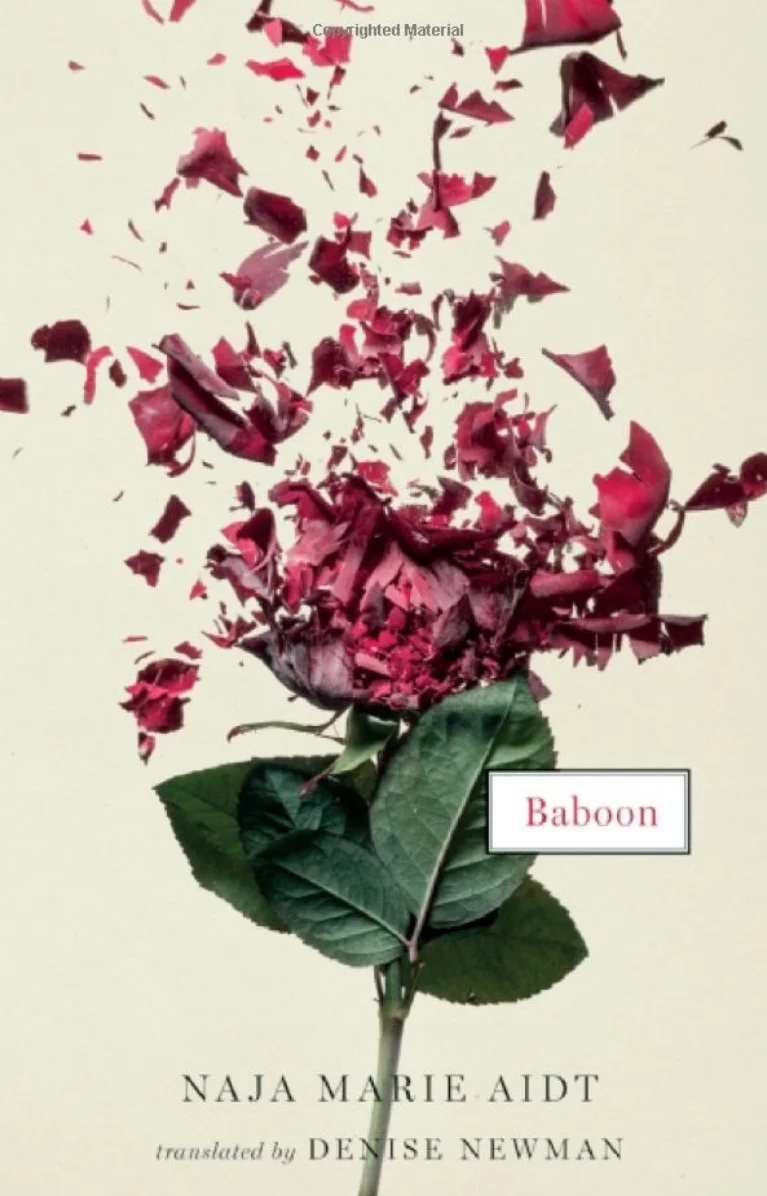Taiwan: Orphan of Asia (Zhuoliu Wu, trans. Ioannis Mentzas)
Zhuoliu Wu (吳濁流) (1900-1976) was a Taiwanese journalist and novelist. His work has dealt with Taiwanese identity, colonialism, and politics.
Background: In addition to settlers from mainland China, Taiwan has also historically been home to aborigines, who are ethnically Austronesian. In the 13th century, Han Chinese fishermen began coming to the island, but the island was fairly isolated otherwise. In 1622, the Dutch East India Company tried to establish a trading post, but were fended off. By 1624, the Dutch were more successful, and were able to exert control over some of the chiefdoms. In 1626, the Spanish occupied the north for sixteen years until the Dutch defeated them. In 1662, Konxinga expelled the Dutch and established the Kingdom of Tunging. The Qing dynasty of China annexed Taiwan in 1683 and for two hundred years, little changed, although the French briefly occupied. The Qing dynasty was defeated during the First Sino-Japanese War (1894-1895), and Taiwan became part of Japan, although rebellions were regular. The Taiwanese were treated as second-class citizens, and the aborigines even worse, many massacred, as the Taiwanese were pressured to assimilate to Japanese culture and Taiwanese religion was suppressed. When Japan surrendered in 1945 at the end of WWII, Taiwan was essentially under military sovereignty until 1952. Civil unrest was rampant and the question of Taiwan's status was quite confusing. From 1949-1987, marital law by China was declared on Taiwan, and thousands were imprisoned or executed if perceived as anti-Communist. China's own civil issues confused the Taiwan issue further, as democratic reforms were attempted in Taiwan. In 2007, the ruling party tried to assert a separate identity from China, but these were unsuccessful as the One-China Policy has been pushed and military action has been threatened if Taiwan formally declares independence.
Orphan of Asia is a mostly autobiographical novel. The protagonist, Hu Taiming, is born into Japanese-occupied Taiwan, although he is raised by his grandfather in ancient Chinese traditions while simultaneously studying in the Japanese system. Taiming is smart; he does well in school, and becomes a teacher, but his Japanese education ends up alienating him from his family. He soon realizes that he is neither accepted by his family, nor by the Japanese, who degrade the Taiwanese and emphasize that the worth of the Taiwanese is only through their efforts to Japanify themselves. Taiming goes to mainland China, and ends up marrying, but it is not a happy relationship, and although he tries to avoid politics, they follow him, and he eventually leaves to return to Taiwan. As World War II begins, life in Taiwan becomes increasingly difficult, and Taiming becomes depressed by the corruption he sees everywhere. I felt incredibly affected by this book; the plight of the Taiwanese people was deeply upsetting to read about, always being shuttled from one colonizer to the next, never allowed to be themselves (even now...). I did not know very much about Taiwan's history before reading this book, and it is distresses me greatly that Taiwan has still yet to achieve true independence. Taiming is an interesting character, both outside the system, but also trying to work within it. Definitely worth a read.





